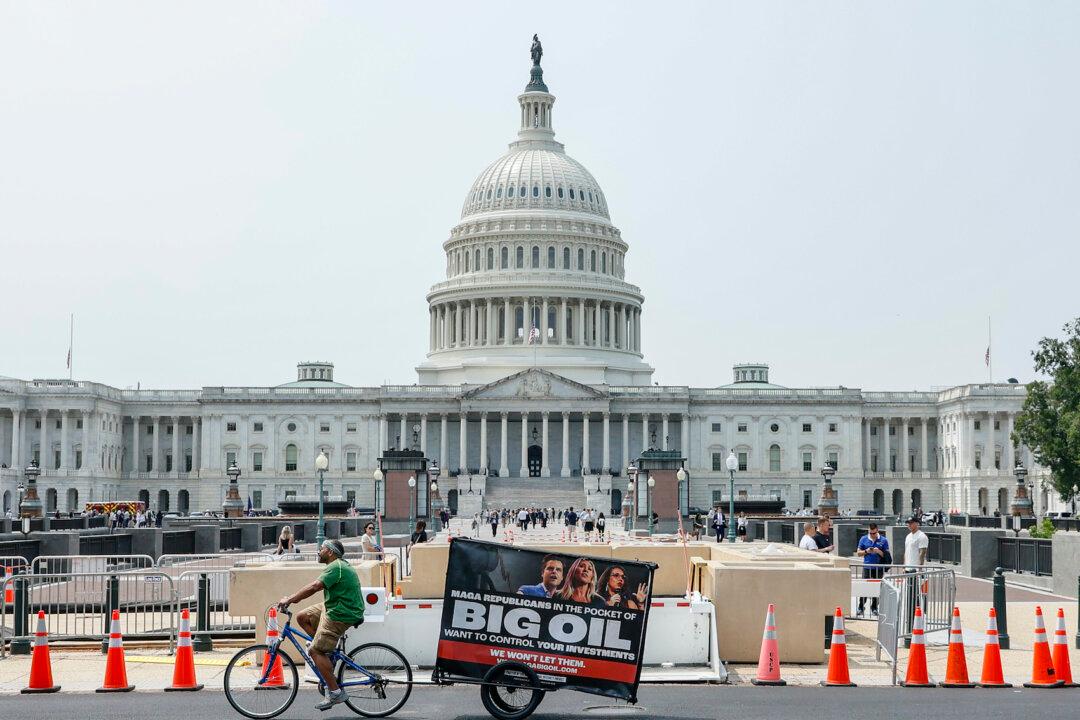The environmental, social, and governance (ESG) movement is impairing Americans’ retirement savings, reducing living standards, and infringing on civil rights, finance and energy experts testified before the House Oversight Committee on June 6, while Democrat members protested that GOP efforts against ESG compliance threaten Americans’ economic freedom.
“As American families continue to struggle under rampant inflation, increased energy costs, and an economy on the verge of recession, a subset of financial elites and their allegiance to ESG investing are making matters worse,” Mandy Gunasekara, director of the Independent Women’s Forum Center for Energy and Conservation, told lawmakers. “While branded as an investment strategy for good, ESG manipulates markets, as well as access to markets, in order to advance a leftist political agenda.”





